We want you to trust the information you read on the Women's Health Blog. That's why we have multidisciplinary Expert Blog Reviewers that review each post to ensure our content is evidence based and meets our high standards of quality.
Meet Our Reviewers

| Expertise: Population and Public Health, Ovarian Cancer, Heart disease Alexandra Lukey is Alex is a first year nursing PhD student at UBC. She is also currently practicing as a Registered Nurse at St. Paul’s Hospital in Vancouver in cardiology and cardiac surgery. Her research passions include applying technology to improve patient self-care and improving women’s health equity with population-based data. Alex’s thesis research is focusing on improving heart failure patient self-care through gamified education. Through her CIHR Women’s Health Clinical Mentorship Grant, she is growing her observational research skills by addressing novel drug combinations to improve ovarian cancer and heart disease outcomes. |
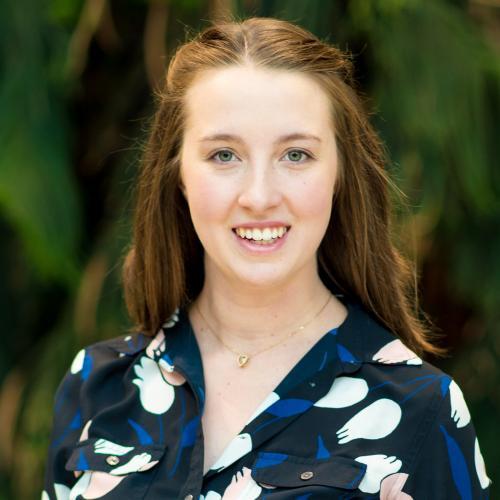 | Expertise: Cardiovascular Research, Women's Health, Sex & Gender Research Jennifer Williams is a PhD candidate in the Department of Kinesiology at McMaster University, supervised by Dr. Maureen MacDonald, with a prior MSc degree from Queen’s University. Her present PhD research focuses on the short- and long-term impact of hormonal contraceptives on cardiovascular health in women. Her recent work has since pivoted to include exploring the influence of contraceptive hormones in cardiovascular cells. She endeavours to connect human research models with cellular mechanisms, to provide an integrative perspective to women’s basic cardiovascular health research. Jennifer is also a graduate trainee with CIHR's Institute of Gender and Health and is involved in teaching undergraduate students about sex and gender in health research at McMaster University. |
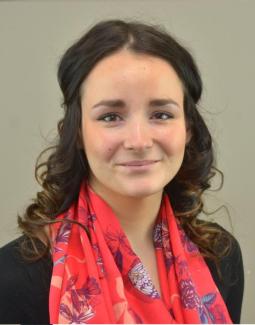
| Expertise: Autonomic Function, Kinesiology and Exercise Science Tania Pereira is a PhD candidate in the Department of Kinesiology and Health Science at York University, supervised by Dr. Heather Edgell in the Women's Cardiovascular Health lab. Tania previously completed her MSc at the University of Guelph, focusing on the physiological analysis of alternative forms of physical activity. Her current PhD research focuses on the acute effects of oral contraceptives and the menstrual cycle on the cardiorespiratory and cerebrovascular response to autonomic reflex activation. She is seeking to further understand the control of physiological responses to exercise in women. She hopes to continue her research by conducting longitudinal studies and including a more extensive range of hormonal contraceptives to elucidate potential impacts on women's health. Tania is presently an Ontario Graduate Scholar and a student member of the Canadian Society of Exercise Physiology (CSEP). |
 | Expertise: Nursing, Oncology, Endometriosis Emily McKay is a Registered Nurse with a Master of Science in Nursing degree from the University of British Columbia. Emily currently works as a Knowledge Mobilization Coordinator for the Gynecologic Cancer Initiative and OVCARE. Emily's research and professional interests focus on addressing how gender and sex, and other social determinants of health, influence the health of all women+. |
 | Expertise: Sex differences in depression, Heart disease, Genetics Emilie Théberge is a clinical research coordinator based out of Vancouver General Hospital, affiliated with the UBC Department of Medical Genetics and Division of Cardiology. She holds a Master's of Science from UBC in Medical Genetics, where she studied sex differences in the polygenic risk of depression and shared associations with heart disease. She currently leads the research at the Women's Heart Clinic under the supervision of cardiologist Dr. Tara Sedlak, and is involved in multiple rare genetic disease studies under the supervision of geneticist Dr. Anna Lehman: C4R-SOLVE, Silent Genomes: Precision Medicine (Activity 2), and the Canadian Fabry Disease Initiative. Her long-term goals are to be involved in research and structural initiatives that increase access to genetic testing for advancing precision health care diagnoses and medical management. |
 | Expertise: Substance Use Disorders, Mental Health, Neuroscience Tanisse is a Neuroscience Ph.D. student at Carleton University, studying under Dr. Kim Hellemans. She recently completed her Master of Science in Neuroscience at the University of British Columbia in 2023 and completed her Bachelor of Science in Honours Neuroscience and Mental Health at Carleton University in 2021. Her research interests include understanding the neural underpinnings of addiction and the impact of substance-related stigma. Her projects within the lab focus on finding neural markers of stigma using EEG. Find out more about Tanisse on her LinkedIn or X (@Tanisse Epp). |
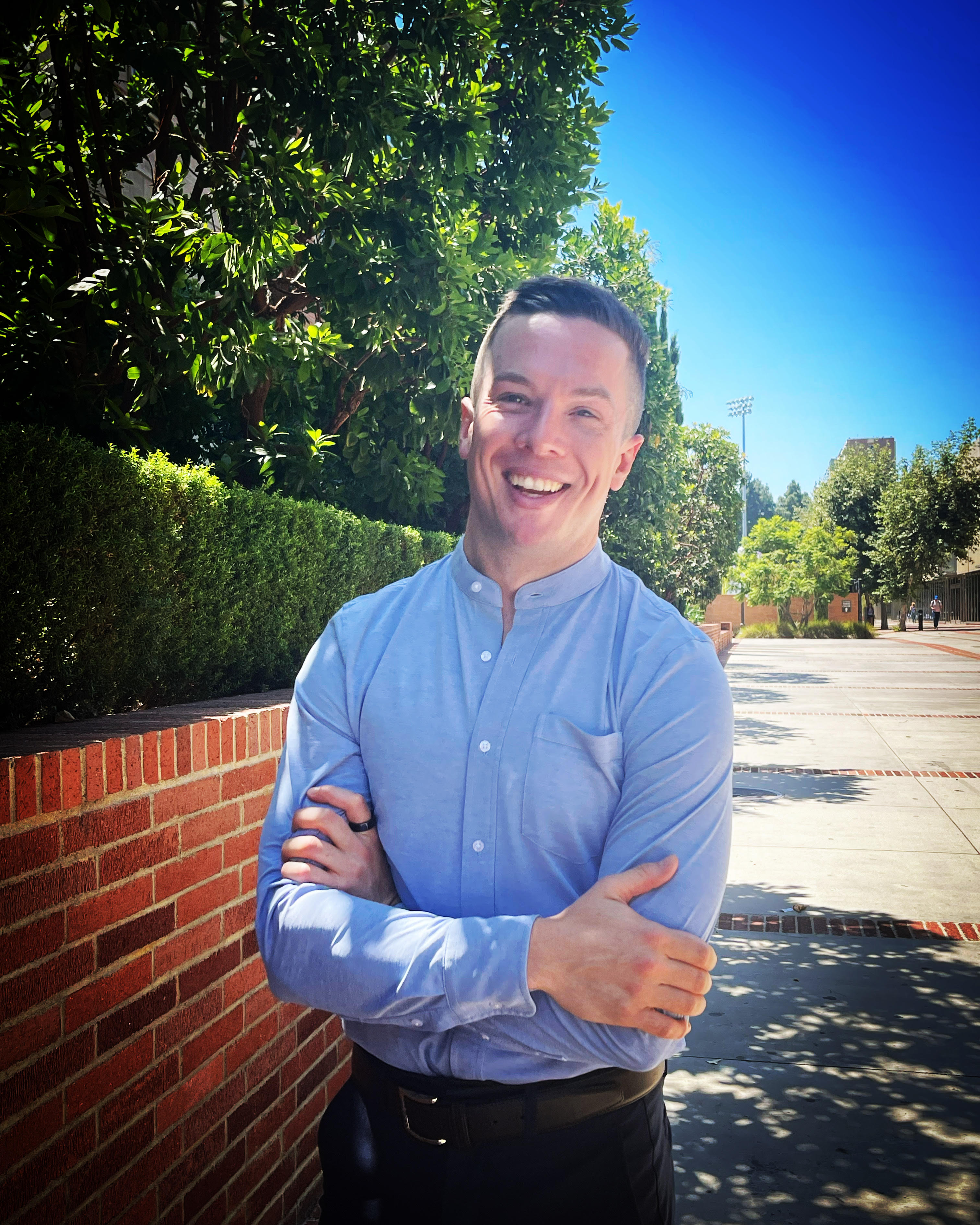 | Expertise: Oral Contraceptives, Steroid hormones, Neuroscience Jesse Lacasse is a postdoctoral fellow under the supervision of Dr. Galea as well as Dr. Cheryl McCormick at Brock University. Jesse’s research focuses on investigating the effects of hormonal contraceptives on the female brain. His current project is focused on understanding how hormonal contraceptives may impact the brain differently when taken during adolescence versus in adulthood. |
 | Expertise: Endometriosis, Chronic Pelvic Pain, Femtech, Reproductive Health Dr. Danielle Perro completed her PhD in endometriosis and chronic pelvic pain at the University of Oxford. Danielle holds an Honours Bachelor of Interdisciplinary Medical Sciences degree from Western University. She currently works for the British Pregnancy Advisory Service, where she leads on strategic research planning and delivering high impact abortion research in the UK. Danielle previously worked as a Postdoctoral Researcher at the University of Oxford studying adolescent period pain, and has extensive science communication and research experience in the Femtech Industry. She has a wider interest in effective, impactful and accessible knowledge translation in the women's health space. |
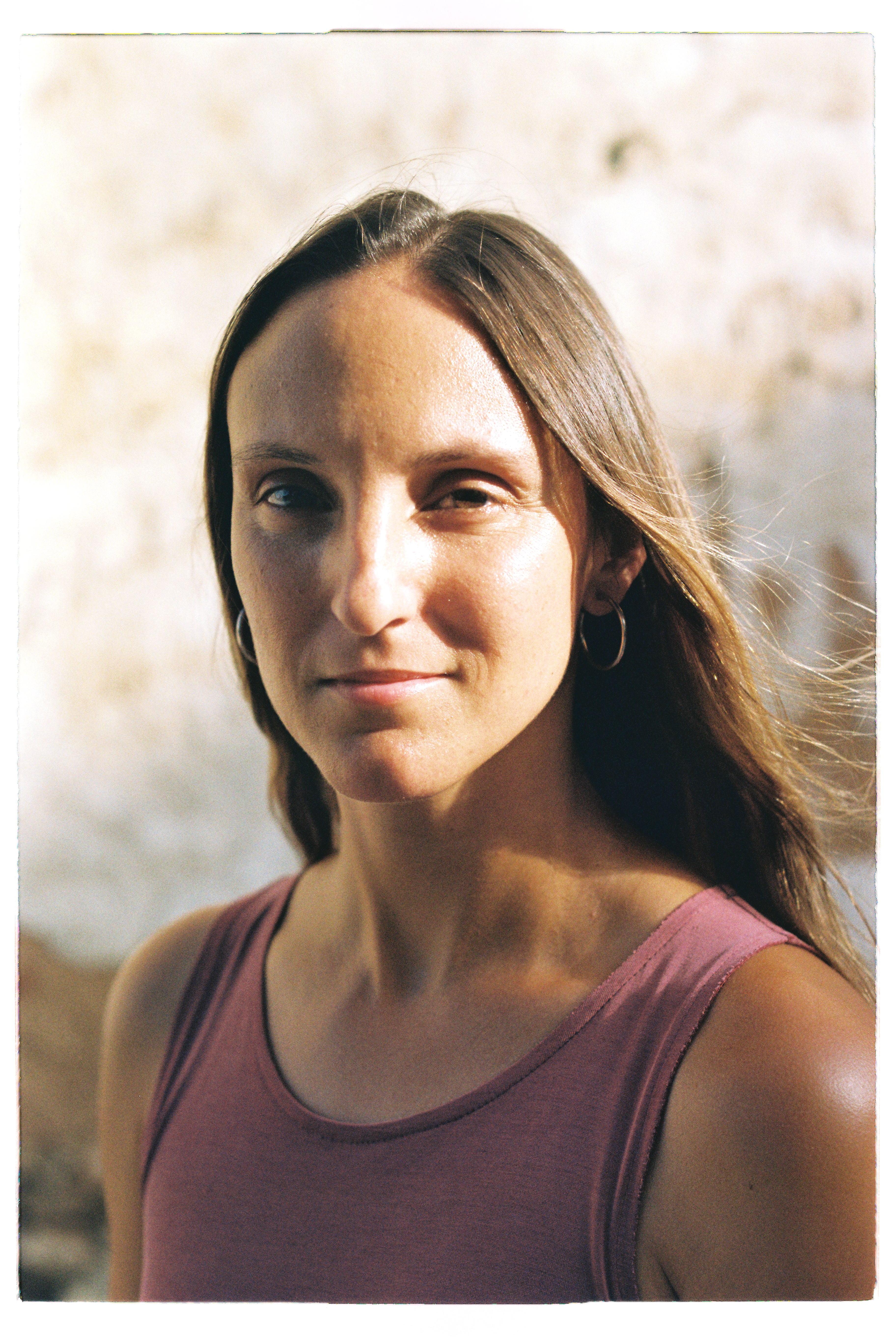 | Expertise: Pregnancy, Parental Brain, Female Neuroendocrinology Magdalena Martínez-García is a postdoctoral researcher in human neuroscience in the Jacobs lab at the University of California, Santa Barbara (UCSB). She holds a degree in Biotechnology by the Universidad Politécnica de Valencia (2015) and a master's degree in Neuroscience by the Universitat de Barcelona (2016). She completed her PhD in Biomedical Science and Technology (Universidad Carlos III de Madrid) at the Group of Neuroimaging of the Instituto de Investigación Sanitaria Gregorio Marañón of Madrid (IISGM), supervised by Dr. Susana Carmona. As a neuroscientist, Magdalena specializes in the impact of major hormonal transitions on the structure and functioning of the female brain. Her research applies neuroimaging techniques to characterize the brain remodeling and neuroplasticity during pregnancy, childbirth, and postpartum periods and to determine the cellular substrate and hormonal and immune mediators of these cerebral adaptations. In 2020 she was awarded a Fulbright predoctoral grant to complete my PhD at the NEST lab at the University of Southern California of Los Angeles, California. At UCSB, she is committed to advancing the neuroscience of human pregnancy through the Ann S. Bowers Women’s Brain Health Initiative, a University of California-wide brain imaging consortium designed to accelerate the pace of discovery for women’s health. |
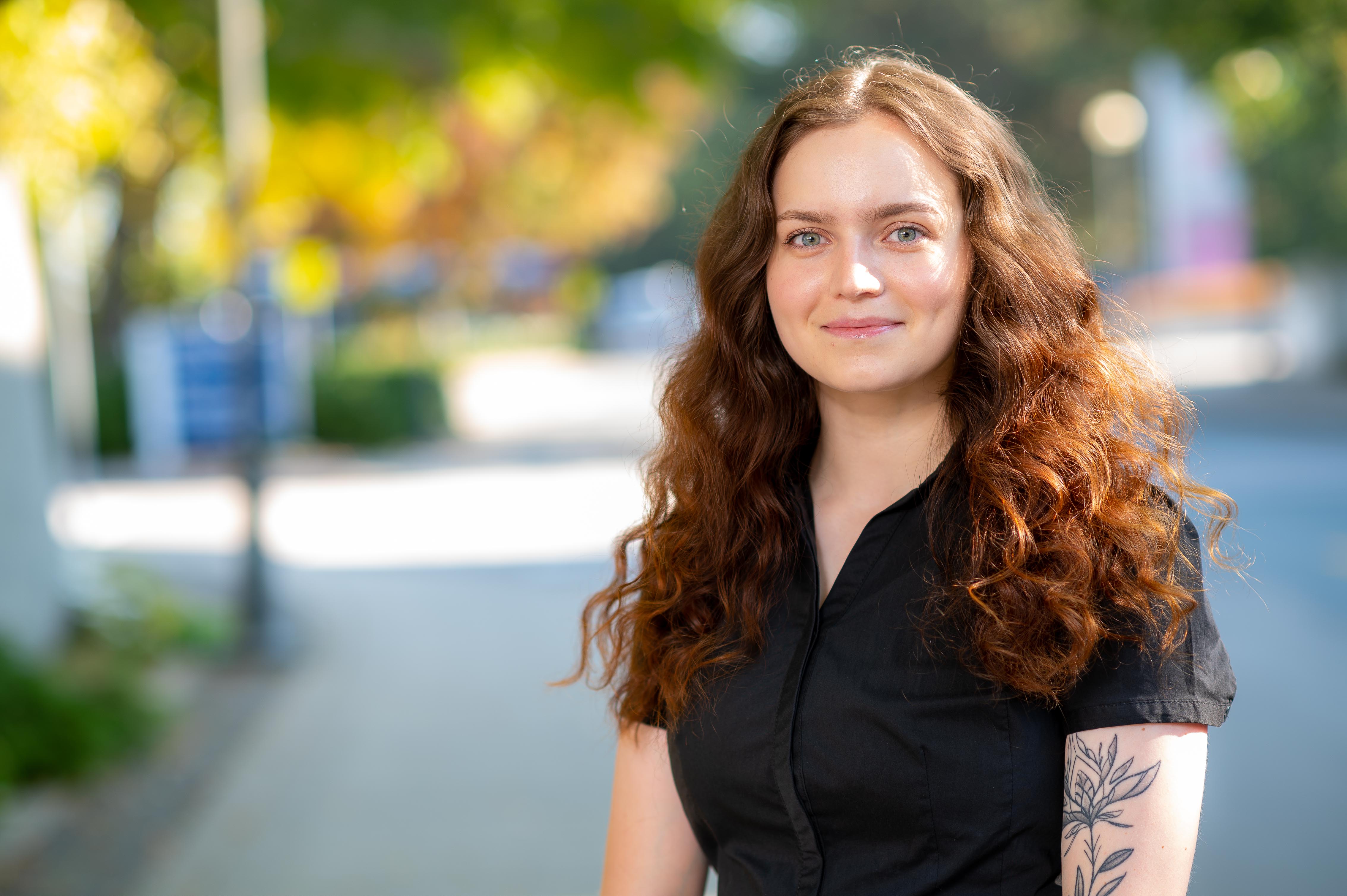 | Expertise: Infectious Diseases, Healthy Aging, HIV in Women, Knowledge Translation Tetiana Povshedna is a PhD Candidate in Pathology and Laboratory Medicine (Côté Lab). Her research with the British Columbia CARMA-CHIWOS Collaboration (BCC3; https://hivhearme.ca/) Study focuses on better understanding factors that affect aging in women living with HIV. Specifically, she is interested in how chronic/latent viral infections, inflammation, chronic pain, and cellular markers of aging relate to estimated risk of comorbidity development/progression and mortality. She is also interested in bridging the gap between research and community by communicating personalized research results back to the BCC3 study participants at Knowledge Mobilization events (with support from the UBC Public Scholarship Initiative and the Community-University Engagement Support (CUES) Fund). |
 | Expertise: Breast Cancer, Pharmacology, Precision medicine, Metabolic biomarkers Chloe White is a PhD student in the Velenosi lab at the University of British Columbia Pharmaceutical Sciences. Her work focuses on preclinical research of targeted triple-negative breast cancer therapeutics. More specifically, this work uses cutting edge analytical methods to measure metabolites and markers of drug treatment, with the aim of developing an effective treatment for a disease that currently has very limited treatment options. |
| Expertise: Sex and Gender, Neuroimaging, Gender Dysphoria, Steroid hormones Lindsey Thurston is a neurofeminist scientist with a PhD in Psychology and Neuroscience from the University of Toronto. Lindsey's research focuses on sexual and gender diversity, neuroendocrinology, and cognitive behaviour in the brain. Her multimodal neuroimaging work attempts to bridge social and scientific domains by drawing on neurofeminist frameworks. Lindsey first became interested in the influence of gender/sex and hormones in the brain during her masters of neuroscience at Queen’s University where she explored working memory and psychopharmacology in non-human animals. Lindsey aspires to be Editor-in-Chief of a scientific journal and in her spare time she photographs the city of Toronto.
|
Want to Become a Reviewer?
These volunteer positions serve a critical role on our blog team. Learn more about the position by reading our Reviewer Guidelines and Expectations. We welcome all trainees, faculty and professionals with adequate expertise to be a reviewer. To apply, email your CV, including relevant educational, work or volunteer experience, to our Blog Coordinators.